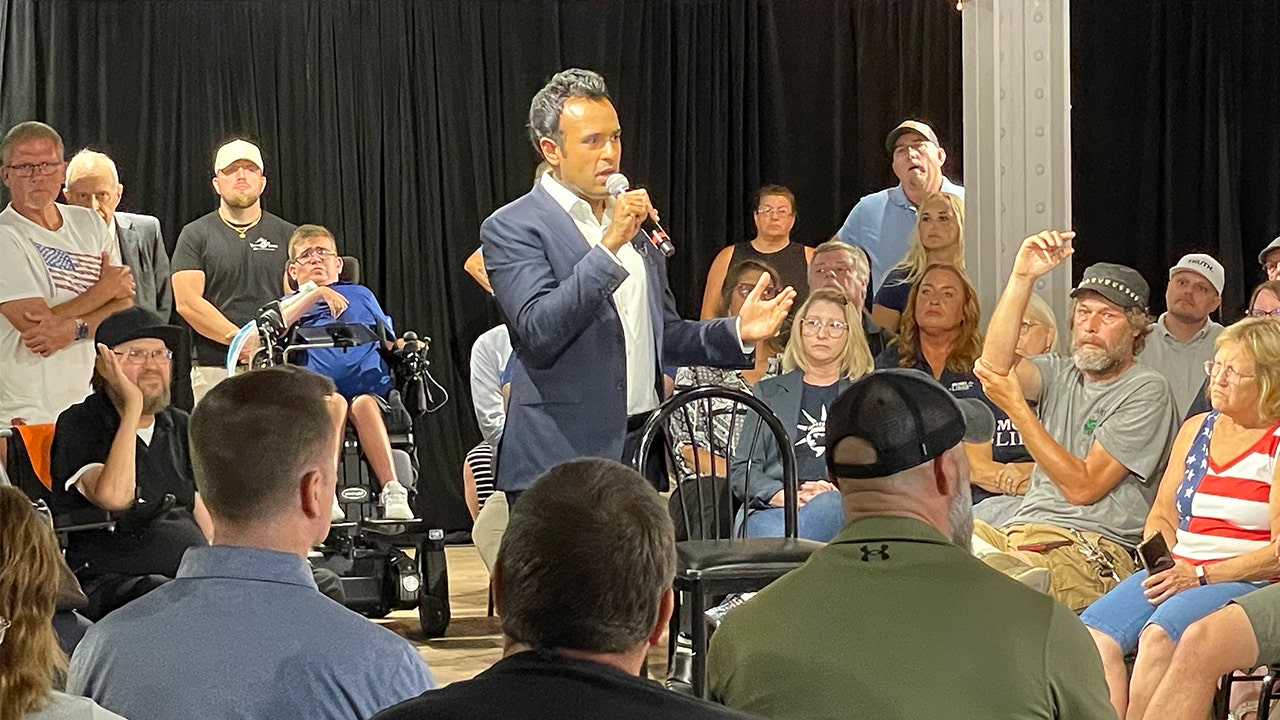After his Massachusetts school district tried to remove important services from his special needs son, Scott Pitta tried to record a meeting with administrators, but in doing so, he claims they shut down the meeting. Now, he is suing on the basis that school officials violated his constitutional rights.
The Goldwater Institute, which is representing Pitta, said the Bridgewater-Raynham Regional School District (BRRSD) in Massachusetts violated his constitutional rights after it unilaterally terminated a video conference about his 17-year-old son J.J., when he said he would record the meeting. Pitta first sued the district in federal court, but he is now appealing to the U.S. Supreme Court, arguing the Constitution allows parents to record a meeting with government officials.
“Refusing to allow parents to record a meeting with government officials about their own child in their own home violates the First Amendment,” says Goldwater Staff Attorney Adam Shelton, lead attorney on this case, said in a press release. “Parents have a fundamental right under the Constitution to control and direct their children’s education, but more than that, they have a high duty and a responsibility to ensure their children receive an adequate education.”
The Pitta Family (The Goldwater Institute)
An individualized education program (IEP) details the services a child with special needs receives to achieve their educational goals. But in September 2022 as officials attempted to remove those services, he claimed, Pitta didn’t trust school officials to record accurate minutes, so he made clear that he planned to record. He claims officials, in turn, terminated the meeting.
District officials previously told Pitta and his wife, Roxanne, that there was no reason to take away his IEP, but they omitted that admission from the official meeting minutes, Pitta claims. The Pittas were reportedly involved in a years-long fight with the school district over J.J.’s special services.
Pitta told Fox News Digital that the actions of school administrators were so egregious, that they “couldn’t just let this pass.”
“Even though our son will be out of the school district before this case could be resolved, we are fighting for all of the other parents of children with special needs – parents who are frequently forced to fight their local school districts for the services their children need and deserve,” he said.
“One of the core principles of the 1stAmendment is that people have the right to document and report abuses by their government,” he added. “Recording government officials also works to deter abusive government actions.”
“In our case, the school administrator was caught violating multiple areas of special education law and tried to cover up these violations by simply omitting any reference to them in the records,” Pitta added. “This is precisely why they have fought so hard to prevent us from recording the meetings. Having an accurate record of what their staff members say in these meetings would prevent them from continuing to cover up their unethical and unlawful actions.”
Goldwater Institute Senior Communications Manager Joe Setyon told Fox News Digital that Massachusetts is a two-party consent state, where both parties must consent to the recording of a meeting, only insofar as it makes it a crime to record a conversation in secret.
“That is not what happened here,” Seyton said. “Scott Pitta told them he was recording, the Supreme Judicial Court of Massachusetts has held that the question is whether it was done ‘secretly,’ not whether there was actual consent of all parties.”
“Since Scott Pitta made clear that he was doing the recording, he made it clear beforehand and at the start of the meeting, that means Massachusetts wiretapping law does not apply since it only covers secret recordings,” he added.
The Pitta Family (The Goldwater Institute)
Mary Ellen Sowyrda, legal counsel for Bridgewater-Raynham Regional School District, told Fox News Digital that the school district is gratified that the federal courts have upheld their position, which is that students who have special education needs are entitled to confidentiality.
“Mr. Pitta’s attempt as a citizen, not as a parent, but as a citizen, to video record confidential team meetings is not a protected First Amendment right, as he had asserted both before the federal district court and the First Circuit Court of Appeals,” she said. “In other words, his unsuccessful efforts to undermine the rights of students to confidentiality in their team meetings, was not recognized by either the federal district court or the First Circuit Court of Appeals as, a legitimate exercise of First Amendment rights.”
“The theory of his case was he should be able to have access to any confidential meeting and video record the meeting, just like if a custodian were emptying the wastebasket in a building and wanted to walk into a meeting and video record,” she added. “Had he won in court, that would have been the outcome, which would have been really dangerous in our efforts and inappropriate in our obligation to ensure that students with disabilities are entitled to confidentiality and protections related to that.”
Goldwater Staff Attorney Adam Shelton told Fox News Digital that there are only two ways you can bring a lawsuit, either on behalf of yourself or on behalf of your child or a minor, “but you really can’t bring a lawsuit as a parent.”
“It wouldn’t make sense for him to bring a lawsuit here on behalf of his child because he was the one that was trying to do the recording, not his child, so it’s not that his child’s rights were violated, it’s that his right to record the meeting was violated,” Shelton explained.
“His relationship, the fact that he is the father, you can’t divorce from him [that] as bringing the suit himself,” he added. “Especially because this is the type of thing that he would only be invited to as the parent of the child in the meeting, or as a parent of the child who the meeting is about.”
Kendall Tietz is a Production Assistant with Fox News Digital.




